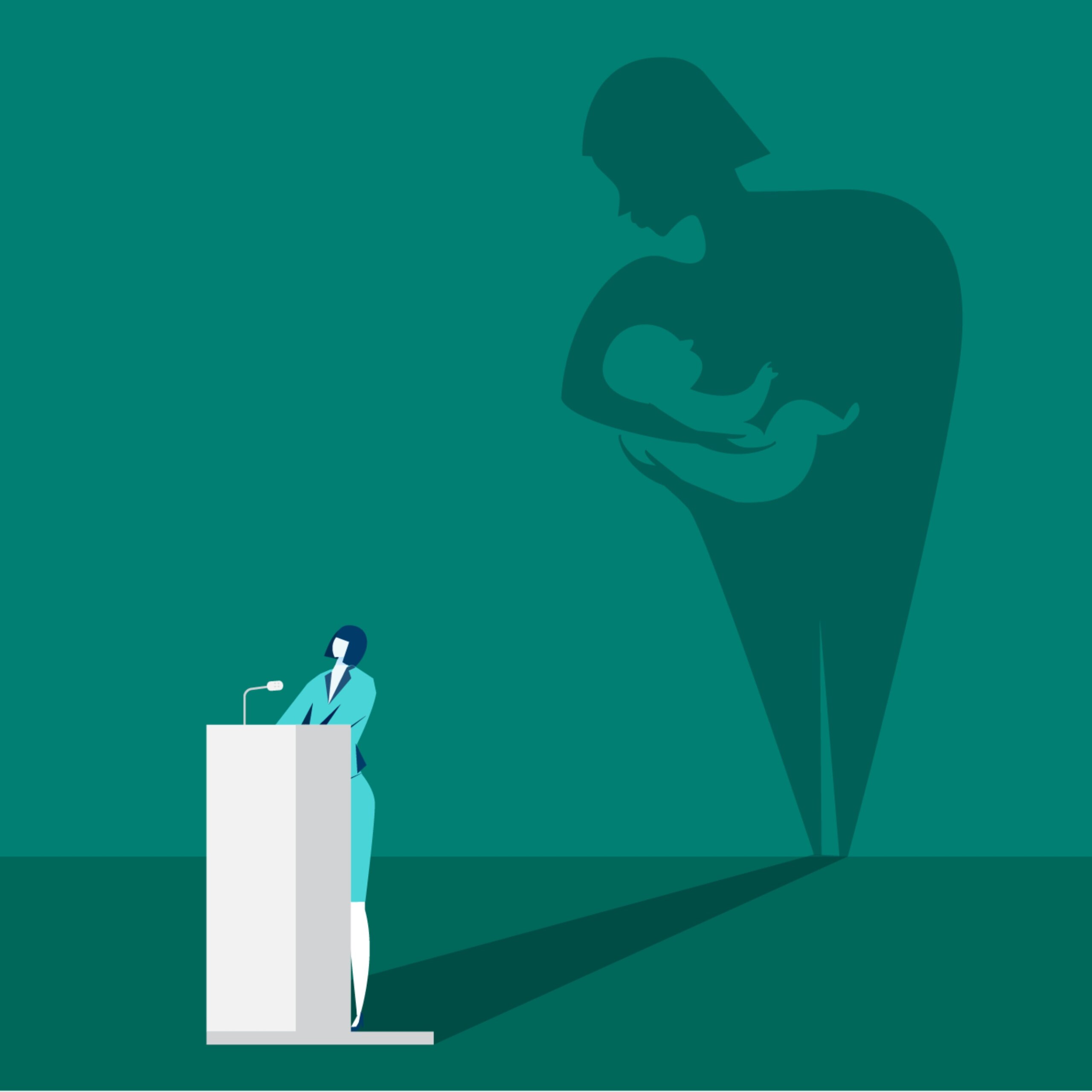Remember the Barbie monologue that broke the internet last year? The one where America Ferrera’s character Gloria eloquently voiced out the contradicting stereotypes women have been plagued with for generations? In her exasperated monologue, Gloria mentioned a pressing duality that all mothers are destined to experience.
“You’re supposed to love being a mother, but don’t talk about your kids all the d*mn time. You have to be a career woman but also always be looking out for other people.”
As working women occupy increasingly “woke” workplaces, the above statement always rings true. The choice between motherhood and a career is never an easy one. Especially for women who choose to transition back to the 9-5 hustle a few months after transitioning into the lifelong role of a mother.
Joelle Moray, licensed psychotherapist and author of What Are We Doing?! Radical Self-Care for the Hustle Culture dissected the aftermath of motherhood which women experience as they step back into the workplace.
Maternity Leave: how much is ideal?
A 2023 study conducted by Hidalgo-Padilla revealed that longer maternity leaves significantly reduce symptoms of postpartum depression, while more restrictive maternity leave policies could lead to higher rates of postpartum depression. This underscores the universal principle of rest and recovery.
Childbirth is a stressful process for the female body. According to a WHO study published in 2023, nearly 40 million women experience long-term health problems caused by childbirth.
“Maternal health is not just something that we should start worrying about when the pregnancy bump appears,” said Joao Paulo Souza, Center Director of the Latin American and Caribbean Center on Health Sciences Information (BIREME) for PAHO/WHO.
Adequate rest is essential for recovery. Rest must not be restricted to physical downtime, even though pregnancy is a predominantly physical experience. Moray explained that some women feel enormous pressure to return to work “too late” for fear of losing professional traction.
In a bid to revive their careers, many new mothers fall prey to stress-induced postpartum depression. In a candid conversation between Deepika Padukone, founder of the Live Love Laugh Foundation, and Arianna Huffington, CEO of Thrive Global, the former highlighted the misconceptions that come with working around the clock. Padukone, a former athlete, emphasized that “you need your rest, you need your recovery, to be able to perform better.
Work-life balance: is it a myth?
To enter this endless debate without acknowledging the prevailing notion of “work-life balance” being a myth would be foolish. However, now that it has been acknowledged, experts like Moray beg to differ. “Working moms can find success and fulfillment in both areas of their lives; however, achieving true balance is an unrealistic goal that can add undue pressure to oneself,” Moray remarked. She explains that the scale is bound to tip more often than not because both facets of life are highly dynamic.
According to Moray, the simplest way to strike a balance between your career and your family is to set boundaries. Boundaries can be as curt as “saying no” and holding back on the temptation to overcompensate.
Alternatively, Moray advises women to “ask for help.” In her experience and practice, she has observed that “women struggle most with asking for help.” She added, “Permit yourself to accept help. And when it comes to breaks, remember that routine breaks improve productivity and our ability to be fully engaged.”
Just like Gloria from the Barbie movie, Moray reiterated the pitfalls of the unnecessary pressure to “do it all.”
“There is a massive stereotype that no matter what a woman gives (whether childless or a working mom), it’s never enough,” said Moray. As women, we must not strive to prove the impossible but attempt to accept our choices, whether it be to become mothers or remain childless.





